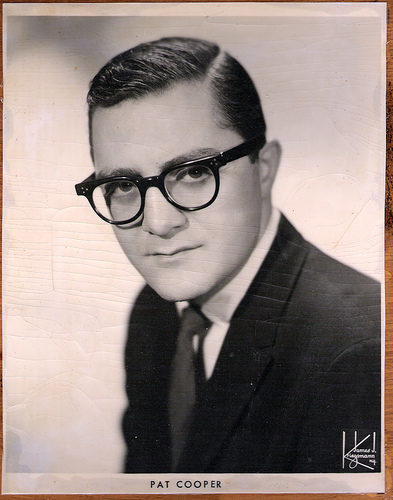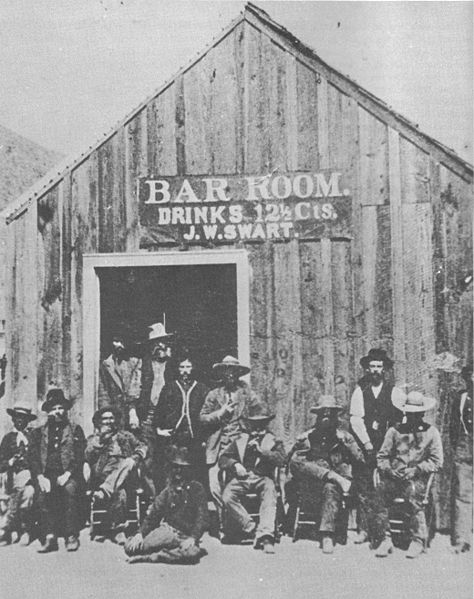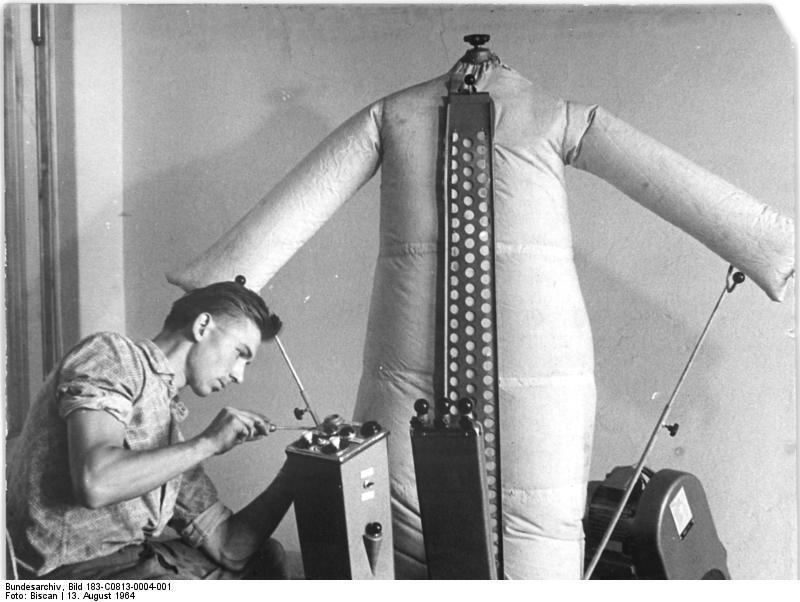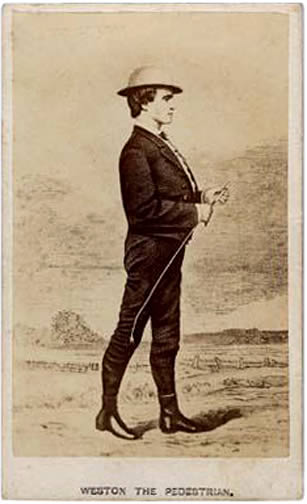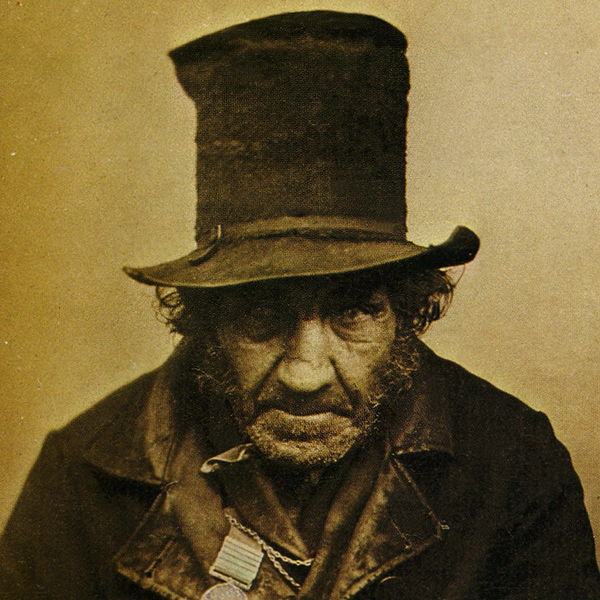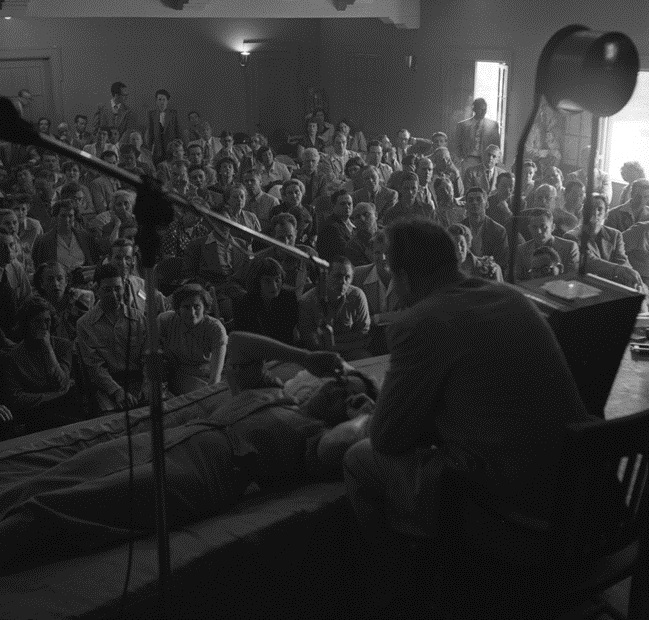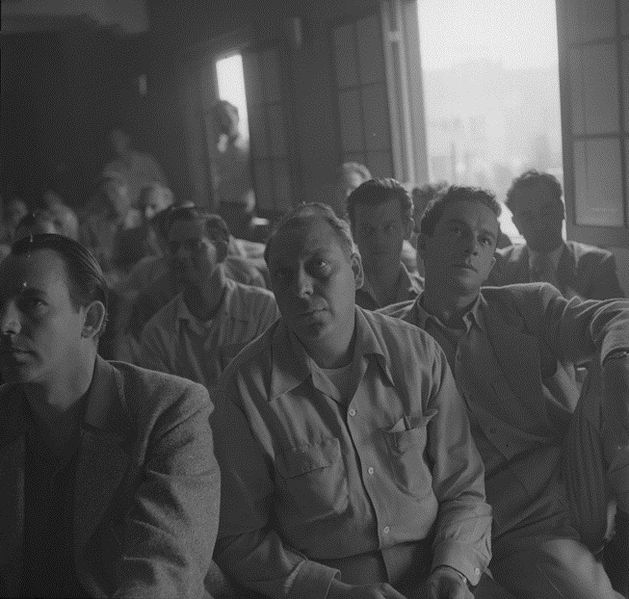
“Spider farming as a money making industry is yet in its infancy.”
A Frenchman and his spider farm are the focus of this bizarre Philadelphia Press story which was republished in the July 21, 1895 Brooklyn Daily Eagle. An excerpt:
“There is but one spider farm in the United States. As far as the writer can learn there are only two in the world. Entomologists have collected and raised spiders for purposes of scientific observation and investigation, just as bacilli and other unpleasant animals are nurtured. Here and there a spider has been made a pet of of by some lonely prisoner of Chillon or the Tombs, but spider farming as a money making industry is yet in its infancy. What in the world is done with a crop of spiders? One only has to go four miles from Philadelphia on the old Lancaster pike and ask for the farm of Pierre Grantaire to see what can be found nowhere else in this country and abroad only in a little French village in the department of the Loire.
Pierre Grantaire furnishes spiders at so much per hundred for distribution in the wine vaults of the merchant and the nouveau riches. His trade is chiefly with the wholesale merchant, who is able to stock a cellar with new, shining, freshly labeled bottles and in three months see them veiled with filmy cobwebs, so that the effect of twenty years of storage is secured at a small cost. The effect upon a customer can be imagined and is hardly to be measured in dollars and cents. It is a trifling matter to cover the bins with dust. The effect is easy to the veriest tyro in the wine trade. But cobwebs–that is a different matter–cobwebs spun from cork to cork, cobwebs that drape the slender neck like delicate lace when the flask is brought to the light–the seal of years of slow mellowing and fruition.
It was a bit shuddering for the visitor, who had been brought up to smash a spider with a slipper or whatever came handiest, to be brought into a room, where there were spiders in front of him, spiders to the rear of him, myriads of spiders on every hand.

“This is Sara. She has the grace, the chic, the slender beauty of the divine Bernhardt. She is the pride of all my pets.”
The walls were covered with wire squares from six inches to a foot across, like magnified sections of the wire fence used to enclose poultry yards. Behind these wire screens the walls had been covered with rough planking. There were cracks between the boards, apparently left by design, and their weather beaten surfaces were dotted with knot holes and splintered crevises. The sunlight streamed through the open door and the room seemed hung with curtains of elfin woven lacework. The king of this fairy palace rapped his stubby pipe against the door, and the webs were dotted with black spots as the spiders scampered from their retreats in the wall cracks and a score of villainous looking pets as big as half dollars emerged from their crannies on a table and clustered against their glass roofing.
‘Tell us how you raise them, Pierre,’ asked the visitor.
‘Corbeau, it is a science, this raising of spiders. I have on hand at one time about 10,000 spiders, old and young. I brought some eggs from France, and the choicest webmakers to be found. This is Sara. She has the grace, the chic, the slender beauty of the divine Bernhardt. She is the pride of all my pets. Ah, here is Zola looking at you.’
A hideous hairy monster crawled up the wire netting that kept him within bounds and stared sardonically not a foot away from the writer’s pose. A start and an exclamation were natural, but Pierre looked aggrieved.
‘I do not blame you much,’ said he ‘Zola is good natured and would not hurt you, but he has the horrible look. He has fits of bad temper sometimes. Then ventrebleu, look you out. He is the bird spider of Surinam. His body is two inches long and he catches and eats small finches and sparrows when in the woods. His bite is bad poison. I doubt not it would kill you. But I tame him with kindness. He is king of all spiders–le grand monarch. therefore I call him Zola, the most superb of writers.”



